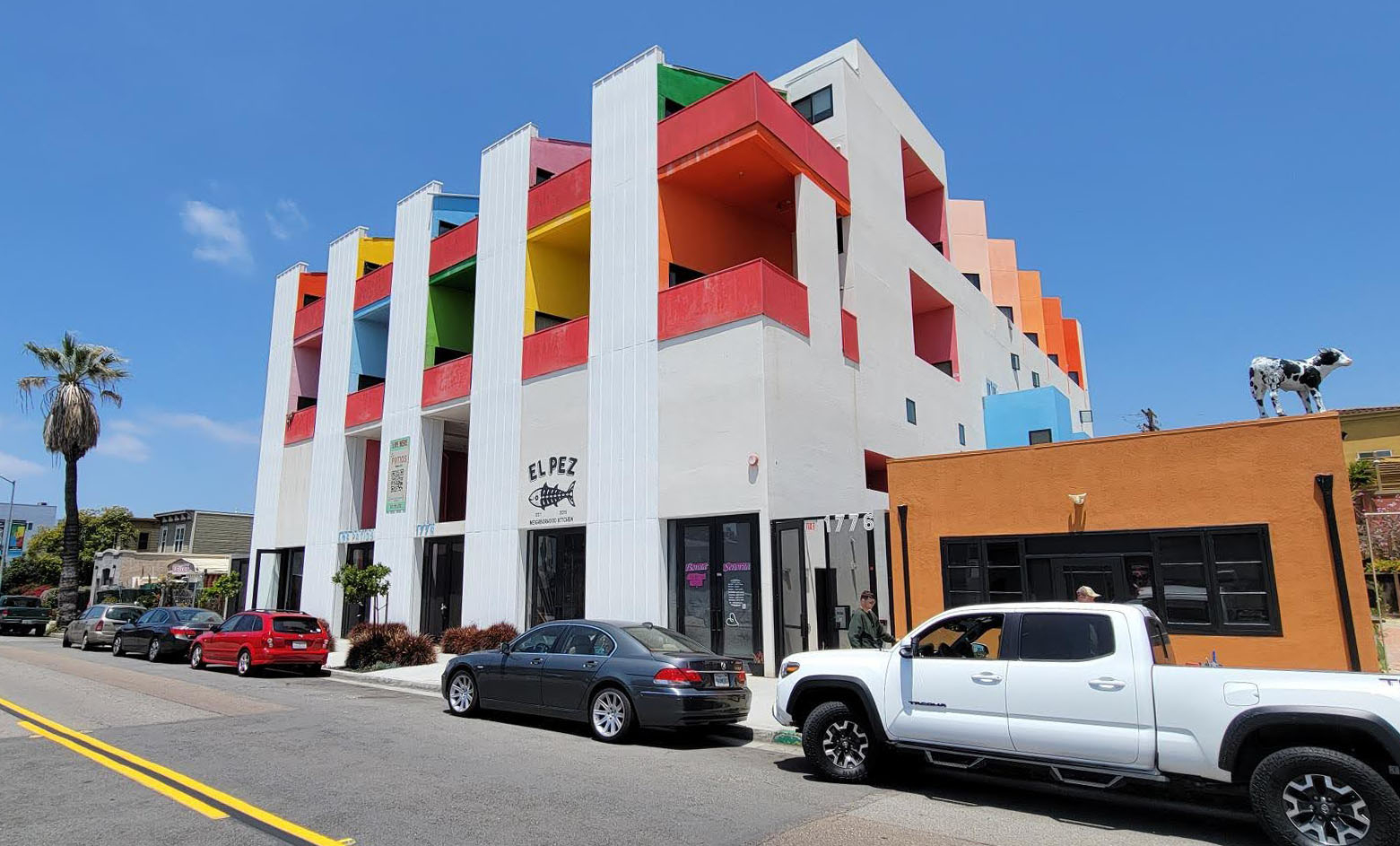The 2024 Ivory Prize Housing Innovation Summit
Location: Piper Auditorium, Harvard Graduate School of Design and Online
What are the most promising, impactful, and innovative solutions to address housing affordability in the US? What are the challenges and opportunities in scaling those solutions? The Ivory Prize Housing Innovation Summit will feature finalists from the 2024 Ivory Prize in Housing Affordability, in the areas of construction and design, policy and regulatory reform, and finance. The summit will bring together entrepreneurs, public sector innovators, policymakers, researchers, and industry practitioners to discuss the best ideas for housing innovation and will be an opportunity to challenge how we think about disruptive innovation, learn from the leading entrepreneurs, and network with others in housing affordability.
Co-sponsored by Ivory Innovations
AGENDA
12:30 pm Introduction and Ivory Prize Winner Recognition
- Chris Herbert, Managing Director, Harvard Joint Center for Housing Studies
- Clark Ivory, CEO, Ivory Homes
Summit co-sponsors discuss the mission, vision, and impact of Ivory Innovations and introduce the four 2024 Ivory Prize winners: City of San Diego’s ADU Bonus Program (Policy & Regulatory Reform co-winner), FirstRepair (Policy & Regulatory Reform co-winner), the Housing Opportunities Commission of Montgomery County’s Housing Production Fund (Finance winner), and Villa (Construction & Design winner).
12:50 pm Hack-A-House Grand Prize Pitches
Hack-A-House is a virtual hackathon-style competition for undergraduate and graduate students to formulate and pitch innovative ideas to improve housing affordability. For the first time, finalist teams from this year’s virtual competition, held on September 27-28, will travel to Cambridge to present their ideas in-person. After the teams present, the audience will vote to select the $5,000 Grand Prize winner.
Hack-A-House 2024 was hosted by Ivory Innovations in partnership with the Harvard Joint Center for Housing Studies, Columbia University, UC Berkeley, University of Arizona, University of Denver, and the University of Utah.
1:20 pm Break
1:30 pm Hack-A-House Grand Prize Winner Announcement
1:35 pm Panel 1: Challenges and Opportunities to Innovate Within Local Government
- Chelsea Andrews, President, Housing Opportunities Commission of Montgomery County
- Gary Geiler, Assistant Director, City of San Diego Development Services Department
- Jenny Schuetz, Vice President of Housing, Arnold Ventures
- Robin Rue Simmons, Founder and Executive Director, FirstRepair
Housing is inherently local; making an impact requires local action. Innovators working within their respective cities and counties will discuss the barriers they faced in getting buy-in for their initiatives, as well as the exciting efforts to come.
2:25 pm Panel 2: Construction Innovations to Address the Labor Shortage
- Kevin Albert, Founder and CEO, Canvas
- Chad Bowker, CEO, Capsule
- Paul Cardis, CEO, On3
- Sean Roberts, CEO, Villa
- Tanaya Srini, Sr. Advisor for Innovation, Policy Development and Research, U.S. Department of Housing and Urban Development
The construction industry is facing a massive labor shortage. On-site training solutions, modular construction, and robotic automation present compelling areas for opportunity in upskilling existing workers while decreasing the reliance on human labor.
3:15 pm Panel 3: Increasing Access and Impact Across Federal and State Housing Programs
- Laurie Goodman, Institute Fellow, Urban Institute
- Landy Liu, Founder, Foyer
- Andrew Ludwig, Principal, HON Partners
- Kate Poor, Housing Strategy Specialist, HIAS
- Jimmy Stuart, Chief External Affairs Officer, Compass Working Capital
Government-funded programs provide financial subsidies to renters and homeowners who require it most, meeting an important need that the private sector is unable to address. However, those programs can be complex to navigate, difficult to access, and in some cases, underutilized. Both nonprofit and for-profit models are transforming how vulnerable populations access, engage with, and benefit from decades-old government subsidy programs.
4:00 pm Reception

